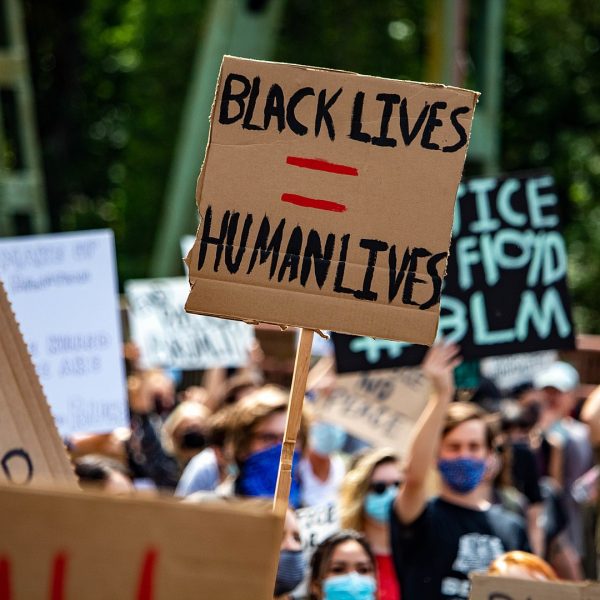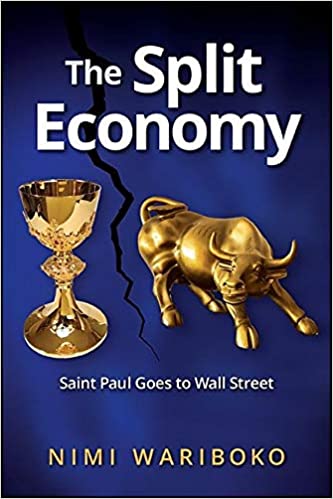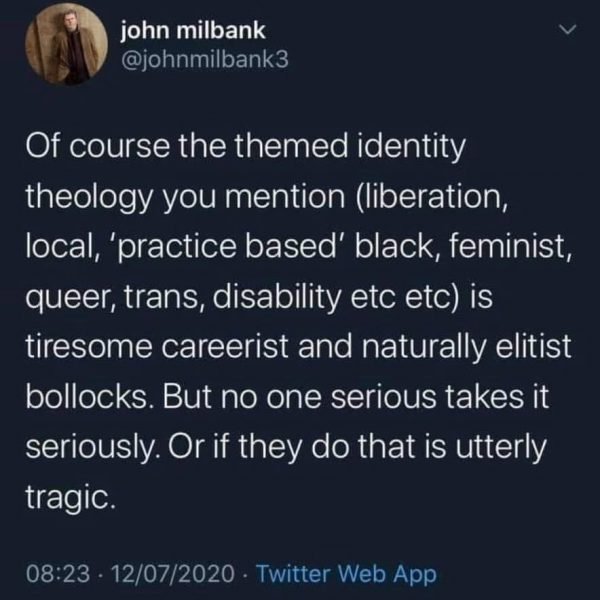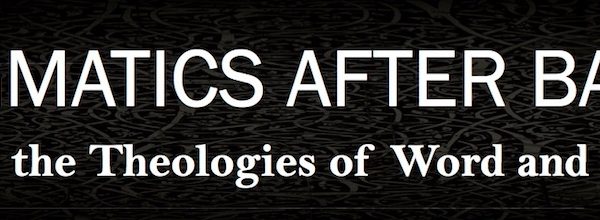
While even his closest associates would lean towards dismissing the people to fend for themselves, [Jesus] invites the community of the wilderness into a divine economy of care. Sharing, as a physical manifestation of that care, requires a suspension of the belief that scarcity is the only reality available in the moment of want.
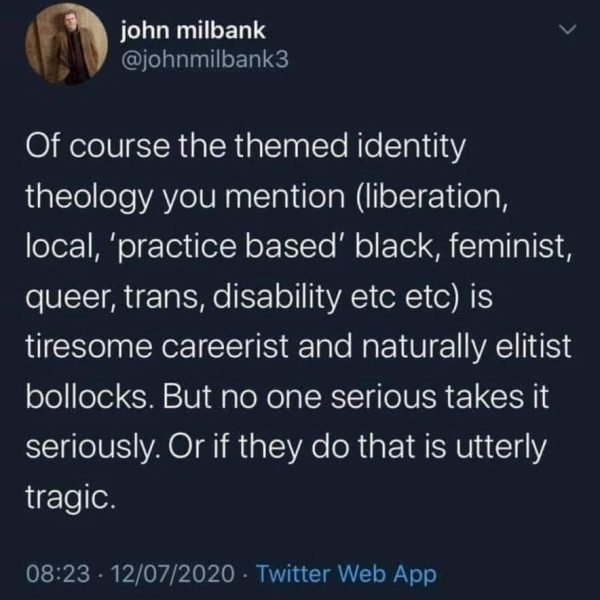
To forego a hermeneutic of charity risks abandoning a central part of the gospel, just as a lack of concern about standing in solidarity with the voiceless, the poor, and the marginalized would do.
By Grant Kaplan
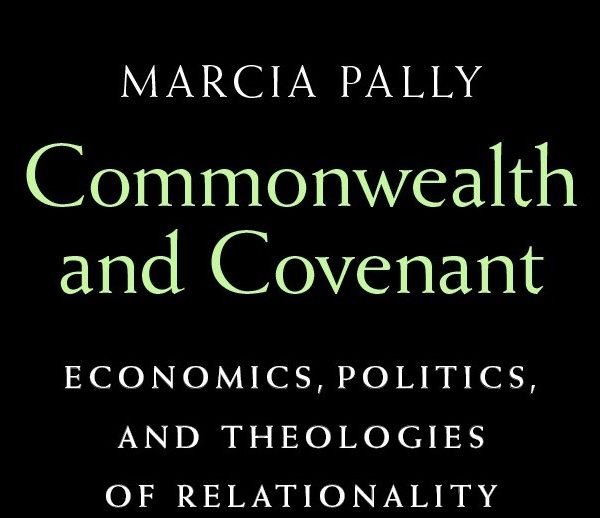
A second expression of relationality is covenant. It is a bond between distinct parties where each gives for the flourishing of the other. Unlike contract, which protects interests, covenant protects relationship.
By Marcia Pally



